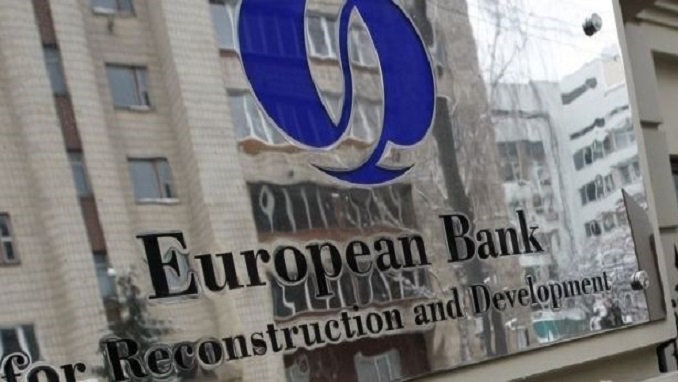Sergey Guriev, Chief Economist at the European Bank for Reconstruction and Development (EBRD), has said he believes Russia is much more corrupt than one would anticipate, given its level of development and even more so, the level of education.
“In terms of the stability of financial markets, Russia has gone a long way: it has built an inflation-targeting system, a flexible ruble exchange rate, and has shown that it does not depend that much on external shocks,” Guriev said in an interview with Vedomosti.
“However, there is not much progress in other categories. The country’s infrastructure development leaves much to be desired, and integration into the global economy has deteriorated sharply. There is definitely no progress on environmental sustainability. Competition, the development of the private sector, privatization, and the fight against monopolies are facing a significant setback,” he added.
At the same time, Guriev says, Russia remains a country with a low quality of state institutions and a high level of corruption.
“Russia is much more corrupt than one would expect, given its level of development and even more so, the level of education,” he told Vedomosti.
Talking about the things that the Russian authorities can do to bolster its economy, he said, “This includes protecting property rights, the rule of law, an independent and fair legal system, and integrating (itself) into the global economy.”
EBRD was established in 1991 to facilitate the transition of Eastern European and CIS countries to a market economy, funding projects in more than 30 countries. However, due to sanctions against Russia imposed in 2014, the bank has stopped funding projects in the country.
Guriev was named Chief Economist at the financial institution in 2015. He now said he plans to leave his post in 2019 and return to full-time academic work at the University Sciences Po in Paris.












